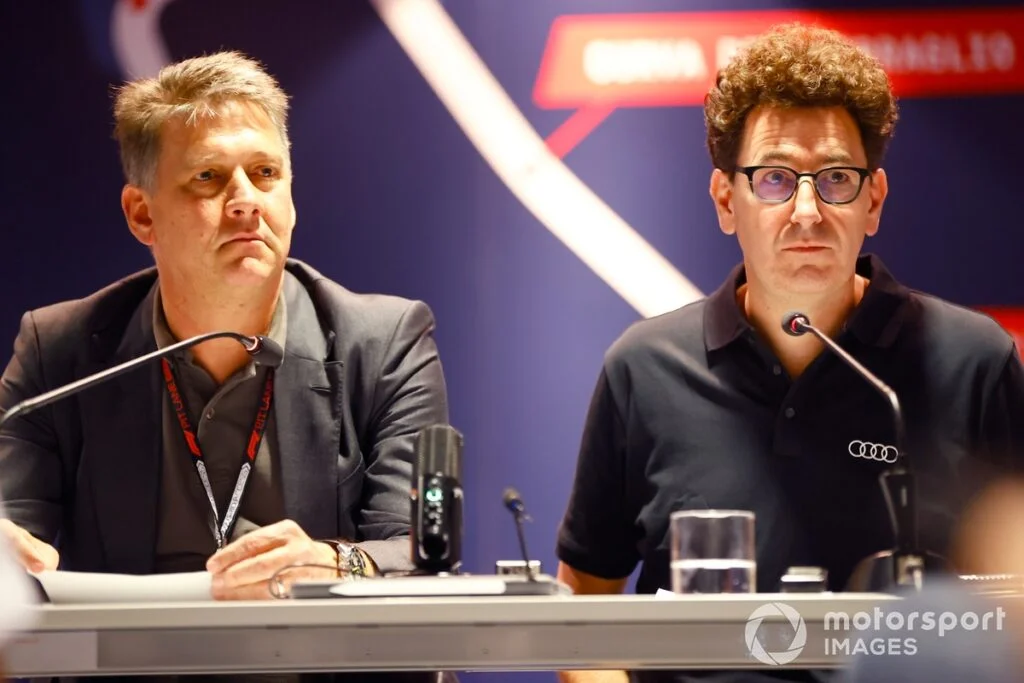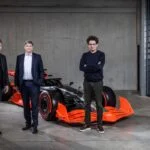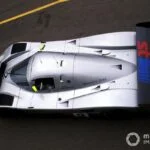FIA Exploring Possibility of Revisiting V10 Engines in Formula 1
Rumors are swirling that the Formula 1 racing circuit might be welcoming back the legendary V10 power unit. Sources close to Motorsport.com have confirmed that the FIA has scheduled a meeting with current engine manufacturers to discuss this intriguing possibility.
The Resurgence of V10 Engines in Formula 1 Discussed Seriously
What was once considered a distant dream is now being taken seriously, following remarks by FIA president Mohammed Ben Sulayem about introducing V10 engines powered by sustainable fuels. Nikolas Tombazis, the FIA’s single-seater director, has confirmed that the governing body is indeed considering revisiting this iconic engine formula.
Although no formal proposal has been presented yet, Tombazis hasn’t ruled out a return to the thunderous V10s. He also didn’t dismiss the possibility of it happening before 2031, when the next engine cycle is due to end. This development casts doubt on the future of the more electric-focused V6 hybrid power units currently being developed for 2026.
The FIA has reportedly organized a meeting with all current Formula 1 engine manufacturers for the Friday of the upcoming Bahrain Grand Prix. While the exact agenda remains undisclosed, the meeting aims to gauge support among manufacturers for a potential shift back to V10 engines.
Manufacturers’ Stances on the Potential Return of V10 Engines
Audi, set to join Formula 1 as a works team, has made its stance clear – it committed to the championship based on hybrid engines with a strong focus on electric power. Honda, another returning manufacturer, has yet to comment on the possibility of a V10 revival.
Initial suggestions that the current engine rules could be extended by two seasons, with a V10 return targeted for 2028, were deemed unlikely. However, there is growing consensus in the paddock that continuing with the current power units for two more years before introducing V10s could be a viable solution.
The Shift Toward Sustainable Fuels and Cost Efficiency
The rationale behind this potential shift lies in the evolving direction of the automotive industry. Contrary to earlier expectations, the focus is now turning toward sustainable fuels rather than further electrification. A V10 running on sustainable fuel would also be significantly cheaper to produce than a V6 hybrid that’s equally reliant on electric and combustion technology.







